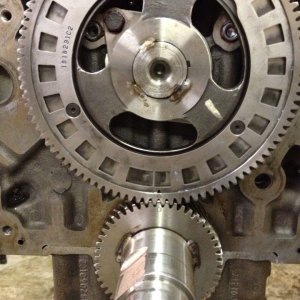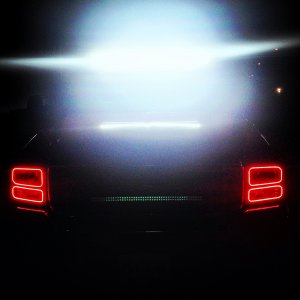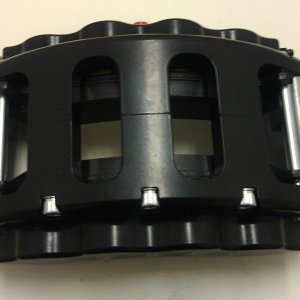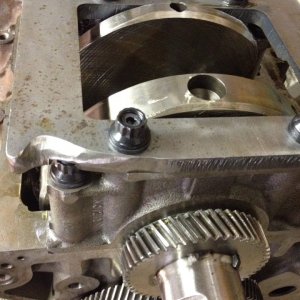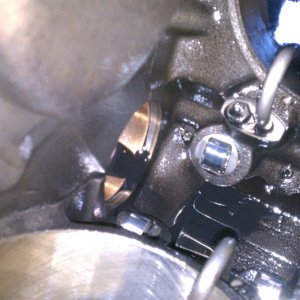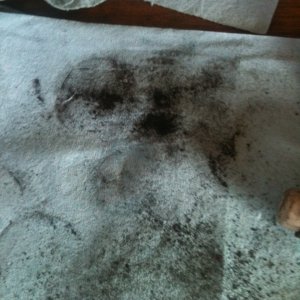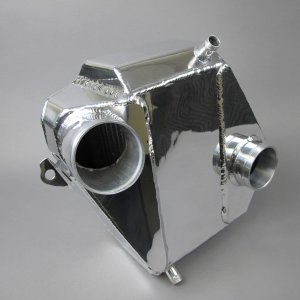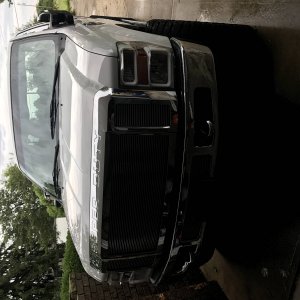doo dah
Member
Battery testing is rather simple. If they load test then so be it. Anything above 12.6v is considered good.
This sounds like a noise issue from either a failed light or diode causing meniscus return voltage and one of the modules is detecting it as a signal input.
Please disconnect all accessory lights and start from there. Anything lighting not stock.
A certain frequency from any transformer on one of the light bars. Or even LED lights could easily cause this. Ever powered up a very high frequency and watted radio near sensitive equipment. It's the same ordeal. It's noise generated on a communications path and it causes the silicone chip to loose it's mind.
The same can also be from an accessory with a transformer without a shielded ground to carry or direct noise away.
If a power wire is "dirty" or u shielded and also sitting next to mod bus or can comms it can inherently put generated false signal on the line.
Anything with a transforming generator should have a diode sized properly to stop these issues. In the case of light bars it should be a zener diode if a regular diode proves insufficient. Either that or a isolated clean 24v power supply along with a shield ground. (Terminate the shield on one end only or your simply adding a ground that is not capable of carrying stray noise and loose voltage)
I could be wrong but you don't have either a battery or connection problem.
You have a module that is unhappy. Just try unplugging all aftermarket lighting first and see. However if a light caused this issue it is highly possible to fry the new module. Remember it's just a delicate silicone chip and the wrong frequency can nuke it... although it's protected by a series of diodes and resistors. It happens all the time. Especially if the noise is incoming and not outgoing.
You are the man. Disconnected both lights and everything worked again. One of the lights has a crack in the face so must have gotten moisture in it. Anyways thank you for the direction.


